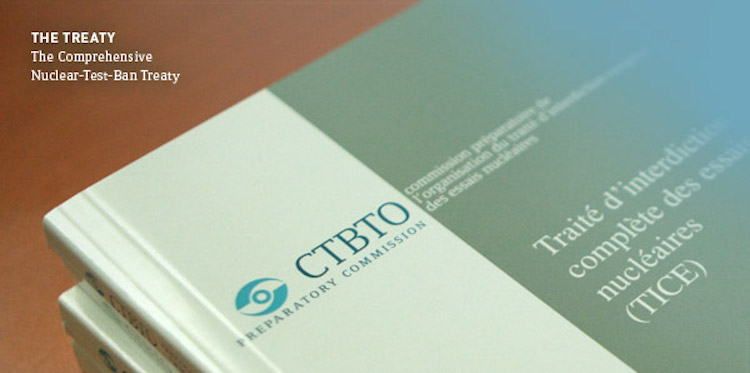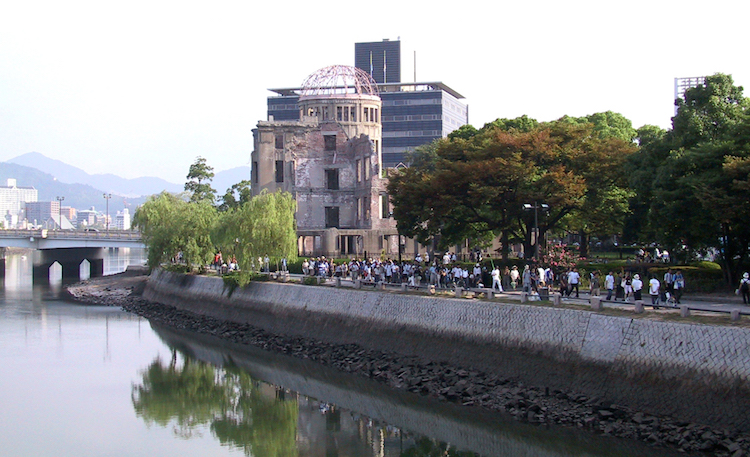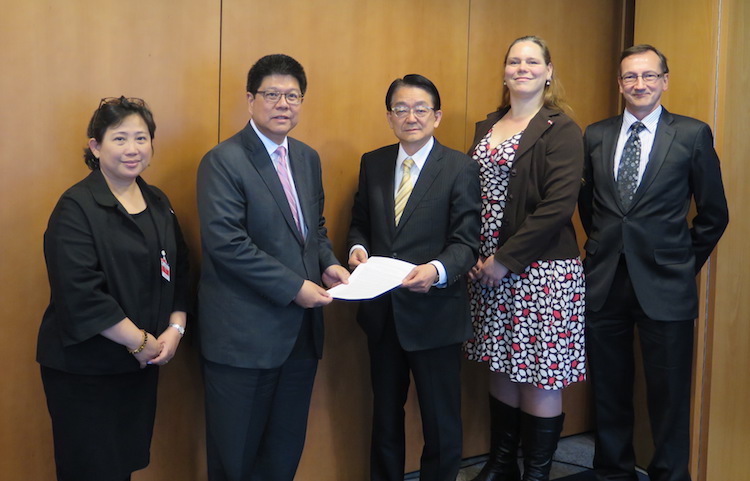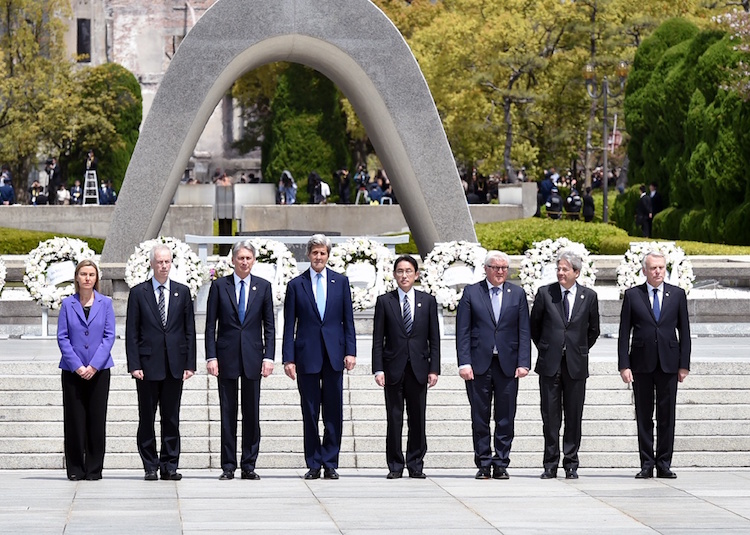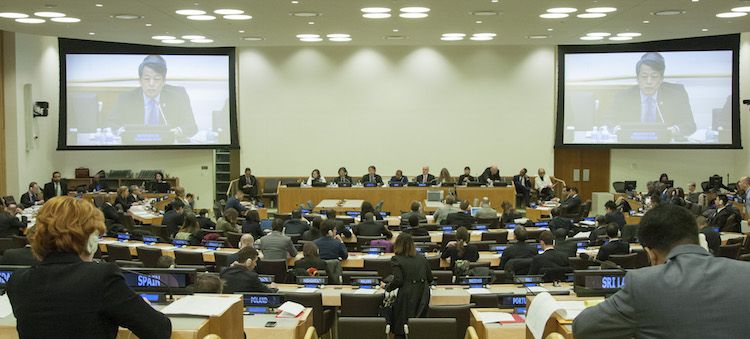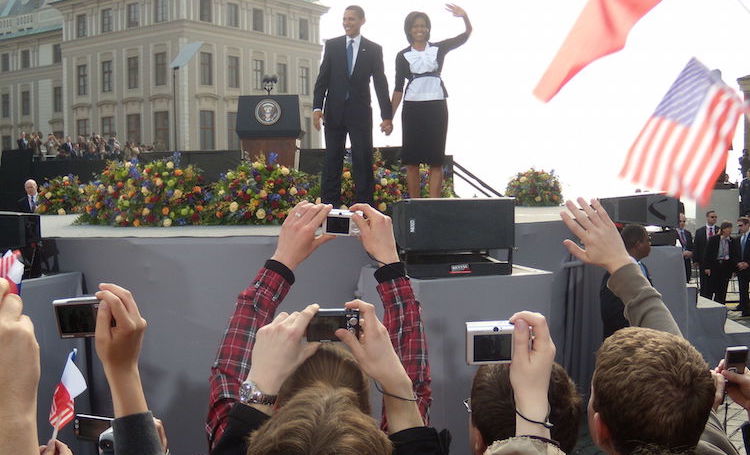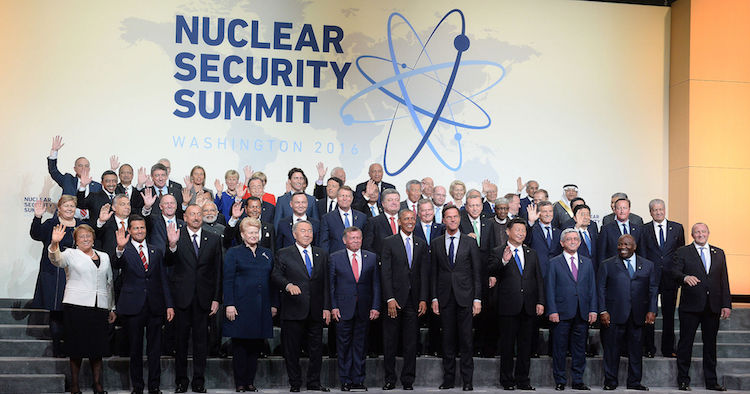Analysis by Jamshed Baruah
BERLIN | VIENNA (IDN) – When will the Comprehensive Nuclear Test Ban Treaty (CTBT) enter into force and become international law? This was the question on the minds of senior officials from around the world who had gathered in Vienna on June 13 to mark the 20th anniversary of the treaty, which is crucial to ushering in a world free of nuclear weapons.
The answer to the question is simple. CTBT has so far been signed by 183 States and ratified by 164. Its demanding entry-into-force provision requires 44 particular “nuclear technology holder” States to ratify the Treaty for it to enter into force.
Eight of them have yet to ratify: China, DPRK (North Korea), Egypt, India, Iran, Israel, Pakistan, and the United States (China, Egypt, Iran, Israel and the United States have already signed the Treaty).

